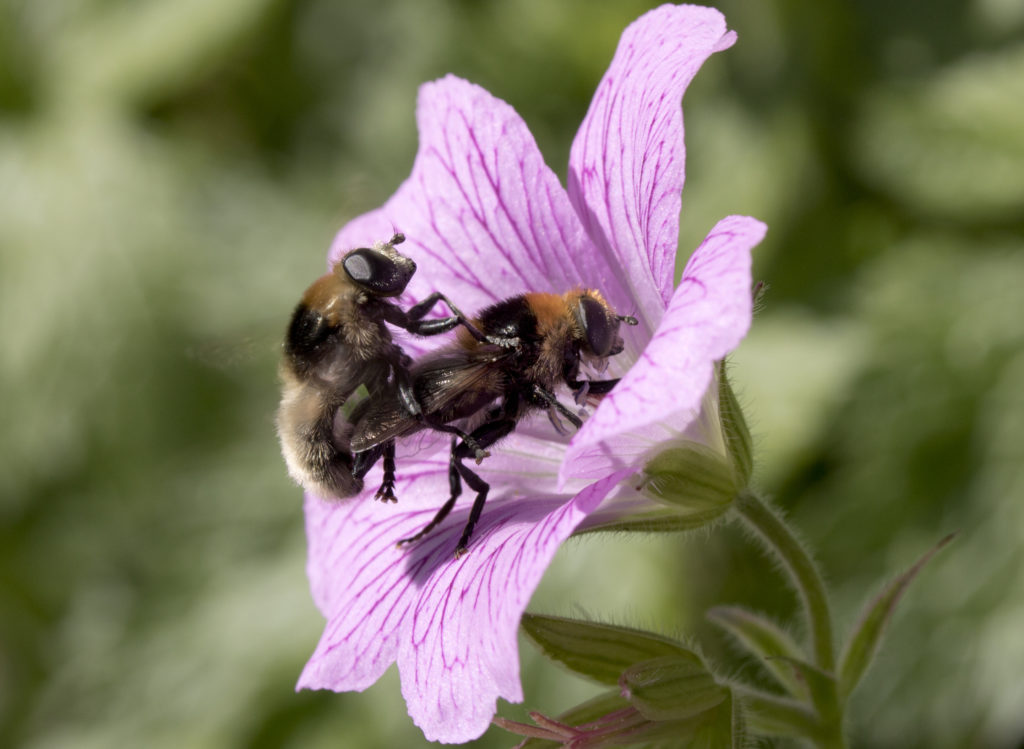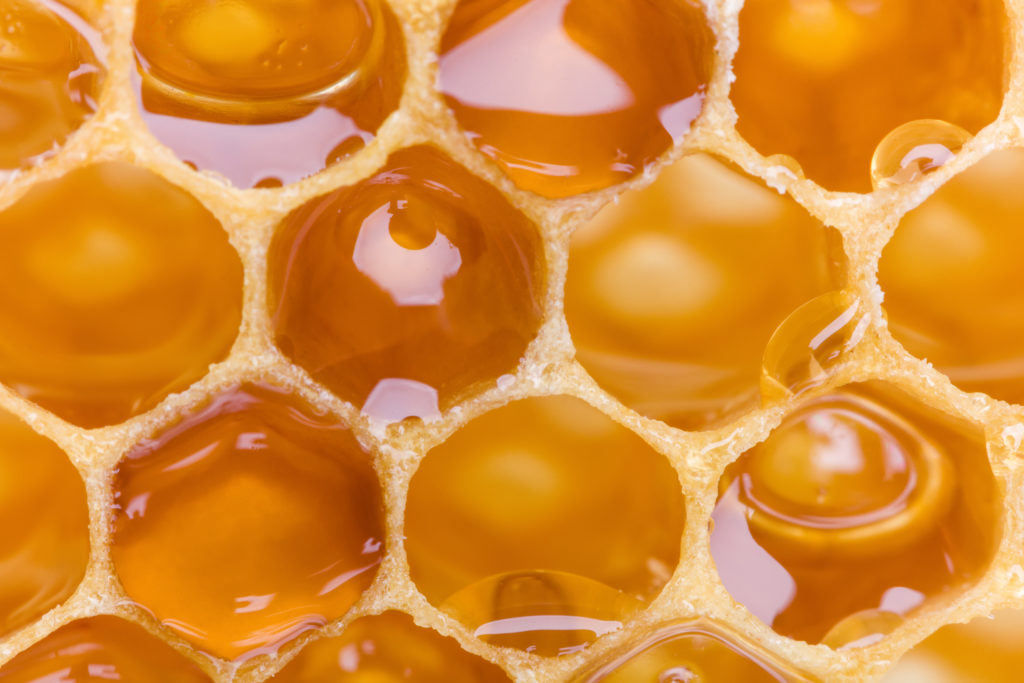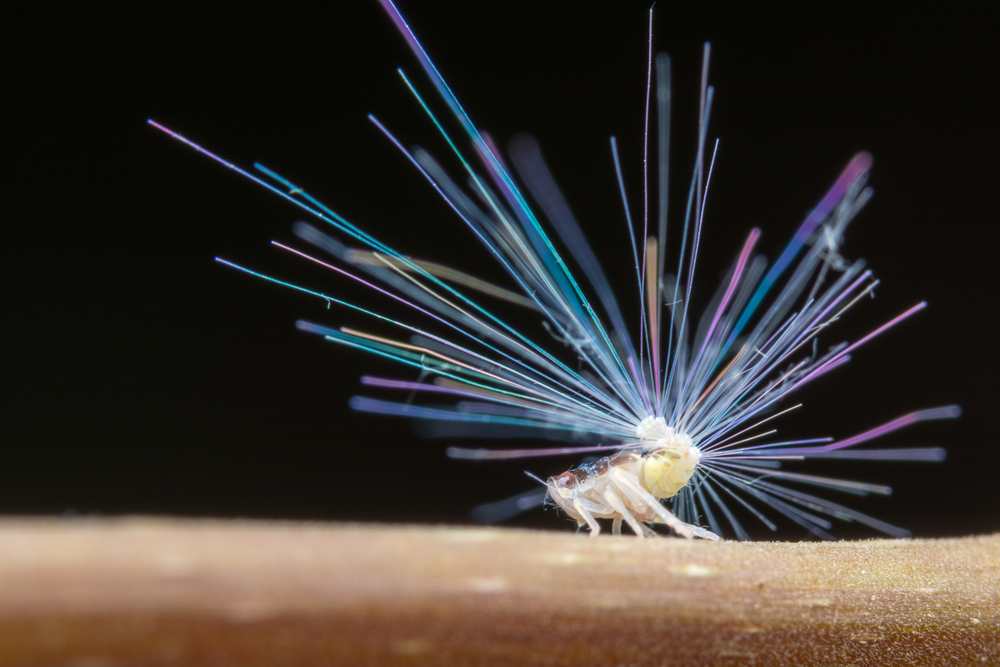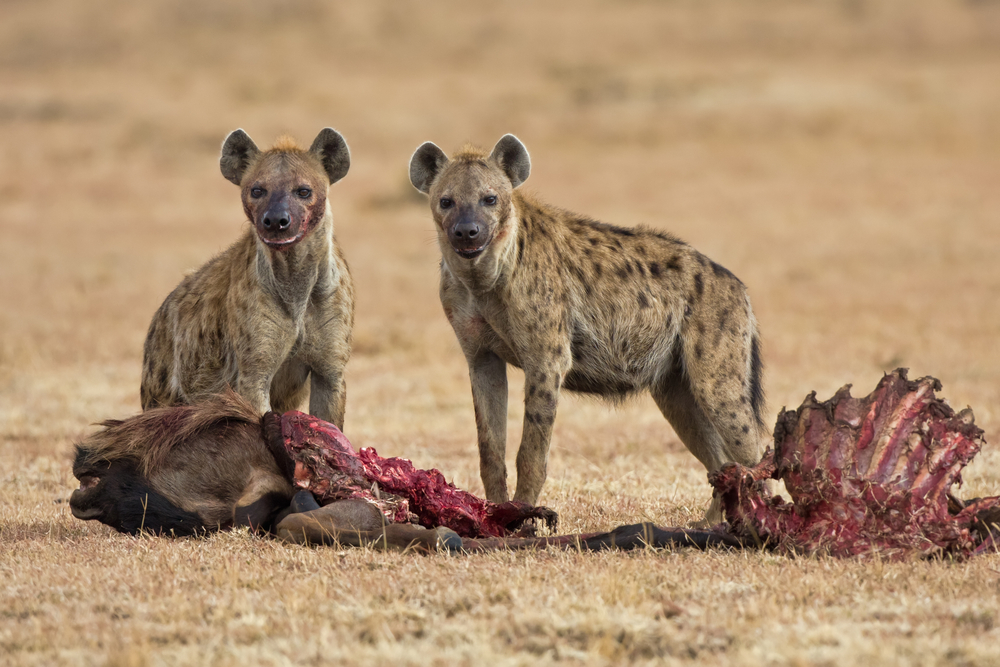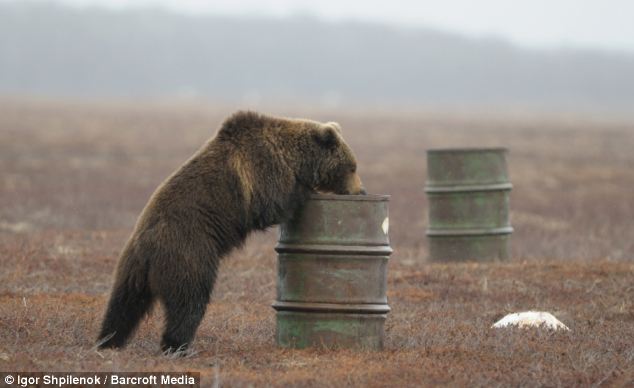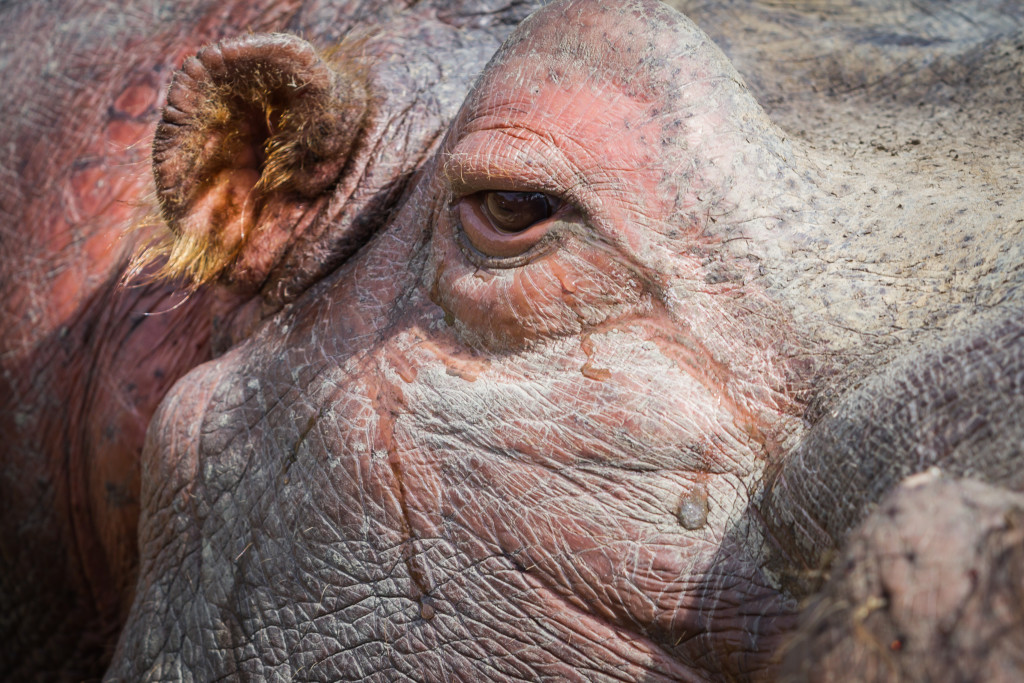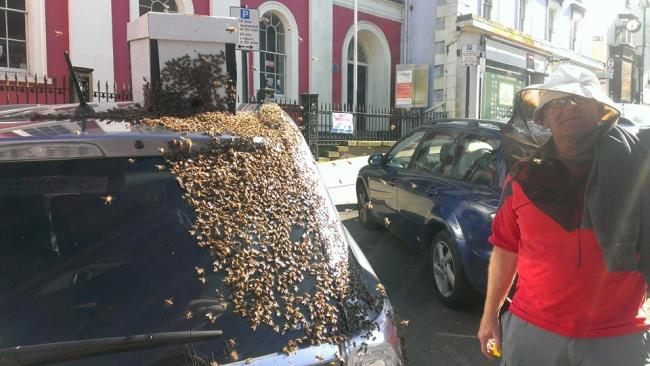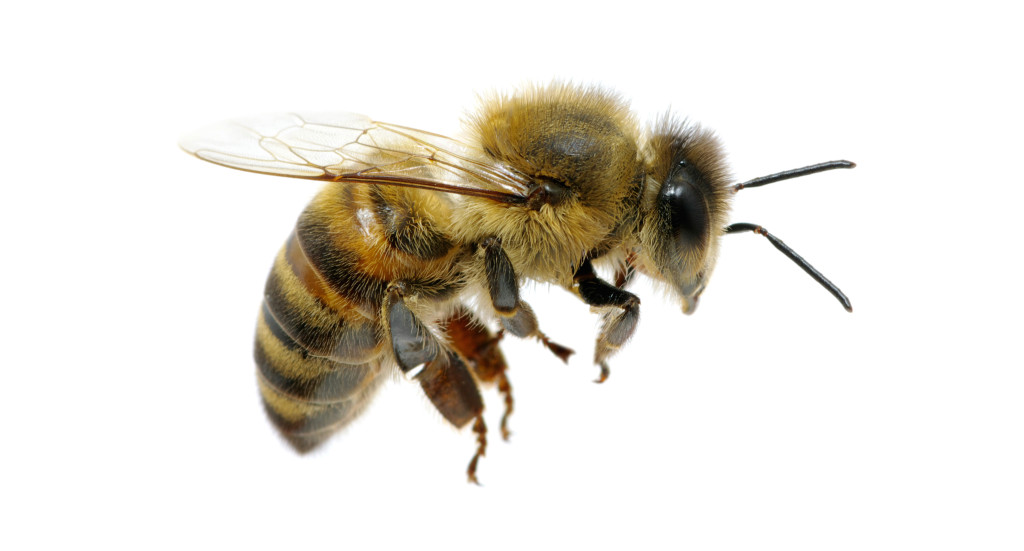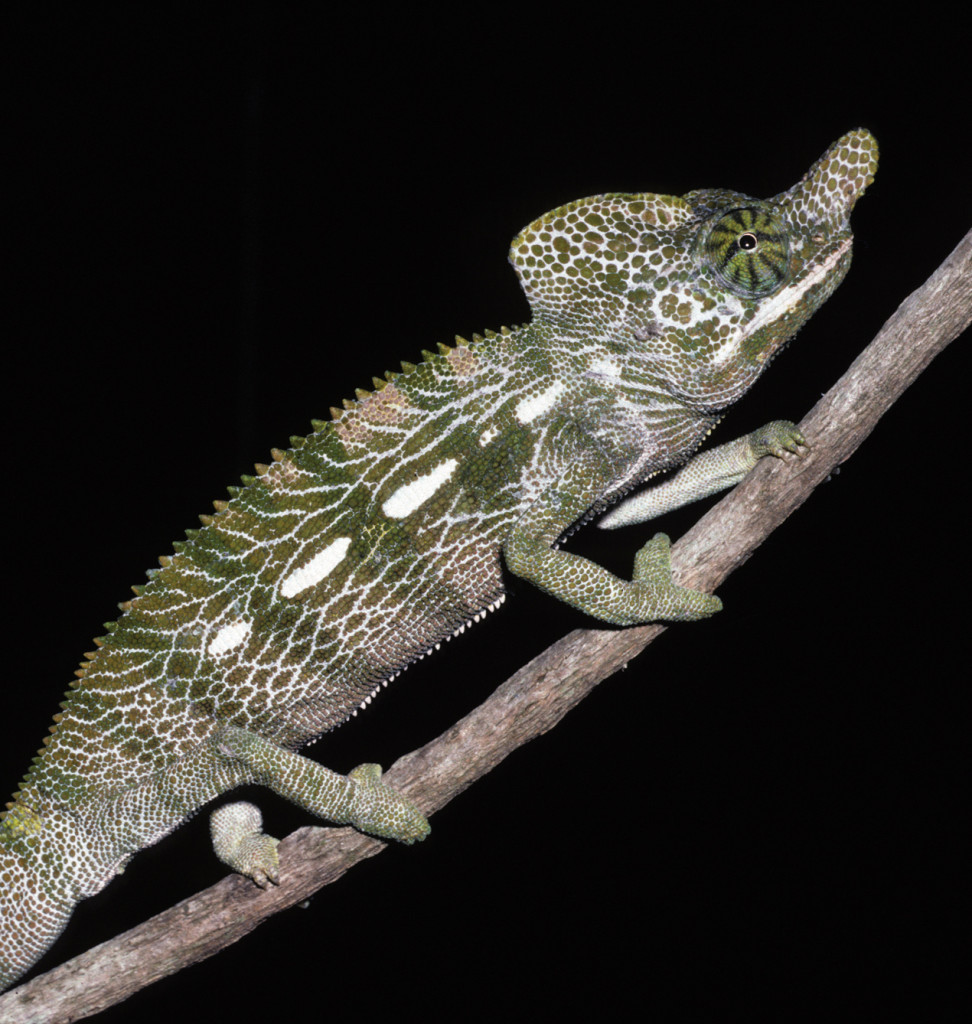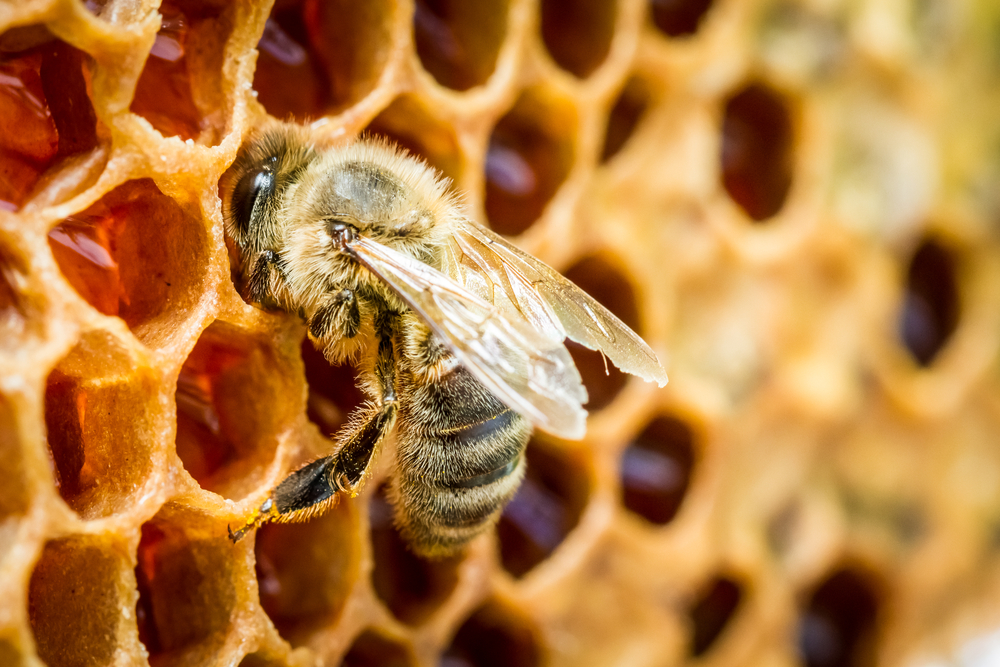Bee porn is now a thing, and it’s exactly what you think
“You and me baby ain’t nothin’ but mammals…” The Bloodhound Gang’s earworm hit may have won over hearts for a brief period of time in 1999, but we’re bringing it back and replacing “mammals” with “insects” for this un-bee-lievable story of porn, fundraising, and bees. Montreal-based pornography site Pornhub, which launched in 2007 and has … Continued
The ongoing plight of honeybees
With their buzzing little bodies, their often feared stingers, and their servitude towards a single queen, honeybees have long fascinated us. Look no further than Jerry Seinfeld, who based an entire animated film (Bee Movie) on one, or the marketing people behind Honey Nut Cheerios for proof. Unfortunately, honeybees also continue to be in grave … Continued
12 tiny and adorable bugs who will change the way you look at insects
Not a fan of insects? We can’t really blame you—creepy crawlies are repeatedly portrayed as ugly, scary, dangerous or downright boring. But take some time to get to know a few species from the mindbogglingly massive world of invertebrates, and you’ll be amazed at how adorable these minibeasts can be. To aid you on your insect … Continued
The definitive directory of dominant females
Males are typically thought of as the stronger sex, the provider and the protector, yet this is a view that is changing. For humans, the lack of female world leaders and inequality in certain aspects of life leads many to believe it very much remains a man’s world, at least for now. But for a … Continued
Animals that get drunk, stoned or high
From bears to bats, a whole range of animals have discovered the dangerous vices of alcohol and drugs. Most manage to find their narcotics naturally in the wild, although some have unfortunately found human substances to be more effective at getting them high. We don’t necessarily condone the unhealthy habits of these substance-abusing beasts, but … Continued
These everyday animals all have shockingly naughty habits
It’s hard to look at a cow in the same way once you know how much these farm animals fart. Likewise, red foxes don’t seem quite as cute after you’ve heard their chilling human-like screams, and you might not want to feed the ducks after you discover their disturbing gang rape tendencies. A number of … Continued
Bee swarm chases grandmother for 28 hours
A grandmother in Wales got a shock last weekend, when she returned from a shopping trip to discover her car covered in thousands of bees, with several people attempting to remove the animals. Carol Howarth, 65, was even more amazed when the bees then chased her all the way home and staged a second mass … Continued
Brainy bees and self-conscious ants—and their role in the rise of the machines
To bee or not to bee. That is the question that some invertebrates could be asking themselves on a regular basis, if two Australian academics are correct in their hypothesis that insects such as ants and honeybees have some level of self awareness, instead of merely being dumb drones that operate on a robotically simplistic … Continued
Bees on the pill: Anarchy in the hive
It’s well known that, in the complex dynamics of a bee hive or an ant nest, female workers sacrifice their capability to have offspring in order to help the queen (their mother) reproduce, and it’s only when the big mumma dies that another bee or ant steps up to become the royal mother, almost magically … Continued
The animals that live fast and die young
Some animals give rockers and daredevils a run for their money when it comes to the old live fast die young adage. Madagascar’s Labord’s chameleon (pictured above) is one of the most extreme examples. These gorgeously mosaicked lizards are alive for just a single year, and only out of its shell for four or five … Continued
Why do bees work together?
When it comes to survival, bees have learned that cooperation is key. Instead of trying to fend for themselves, bees work together for the greater benefit of the hive and exhibit an altruistic behaviour.
A deadly new type of neuro-pesticide is decimating bee colonies, by damaging the queens
New and sophisticated pesticides are jeopardising the survival of honeybee colonies across the world by seriously damaging the health of their queens, a groundbreaking new study confirms. Honeybees have been in decline for decades; the Nature Conservancy estimates that their populations have fallen from four million worldwide in the 1970s to just 2.5 million today. … Continued

